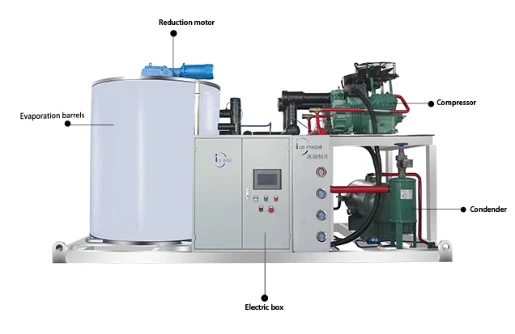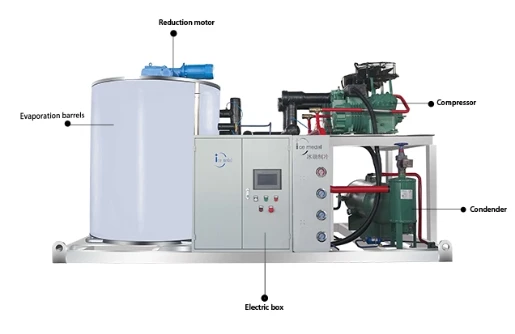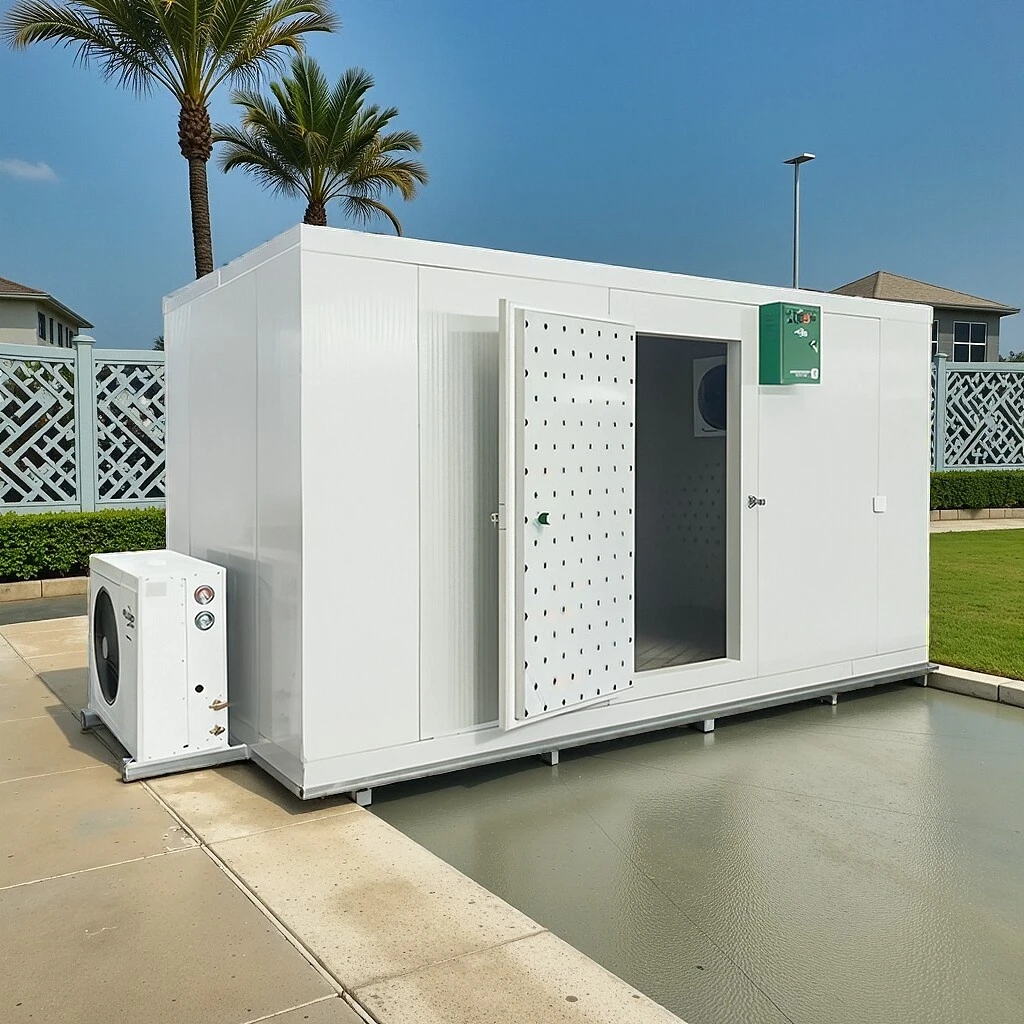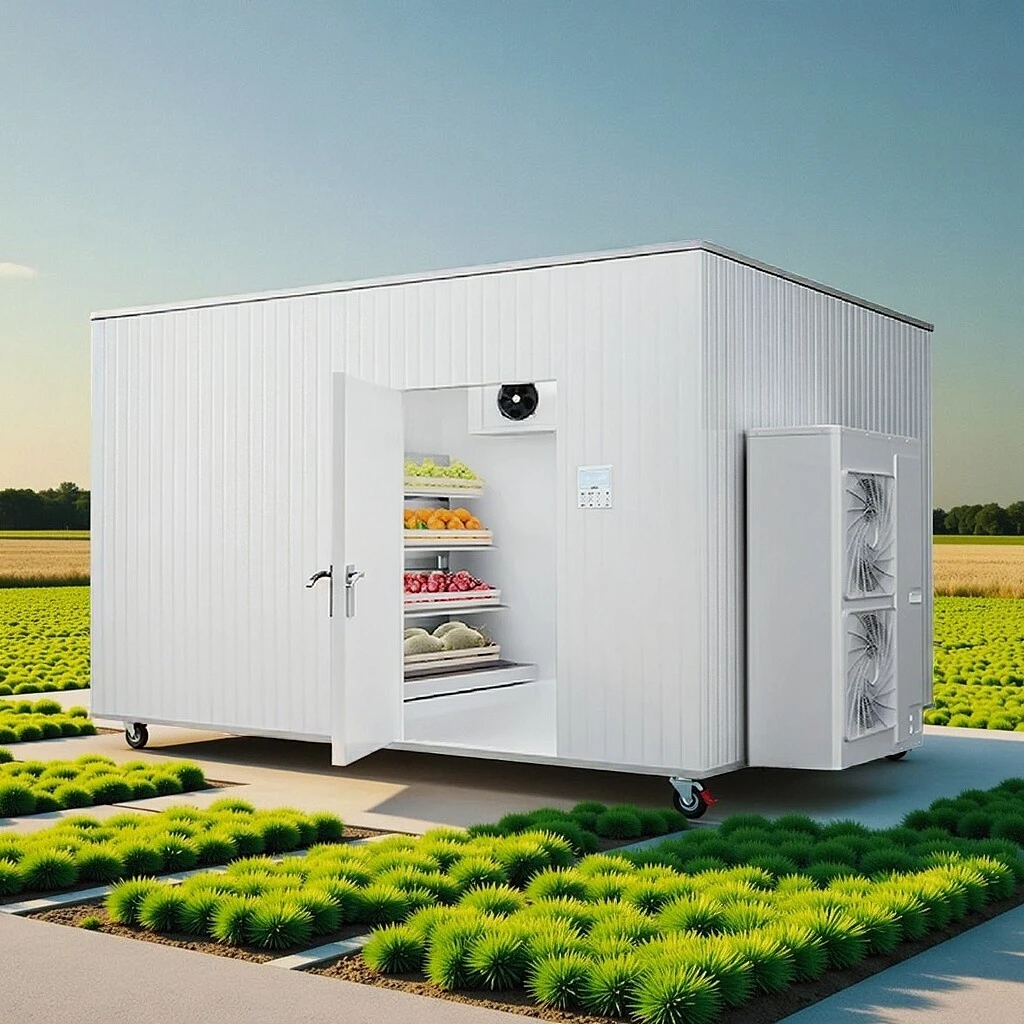Understanding Condenser Unit Costs: Exploring Water and Air-Cooled Options
Condenser units are essential components in various cooling systems, offering efficient heat dissipation and refrigeration solutions. In this article, we will explore the cost considerations and benefits of water and air-cooled condenser units, providing insights into their applications and cost-effectiveness in different settings.
Cost Considerations for Condenser Units
When evaluating condenser unit costs, several factors come into play, including the type of condenser, cooling capacity, energy efficiency, installation requirements, and maintenance needs. The initial purchase price, long-term operational costs, and overall lifecycle expenses should be carefully considered to determine the most cost-effective solution for specific cooling requirements.
Water Condenser Units: Cost and Efficiency
Water-cooled condenser units offer high heat transfer efficiency and are suitable for applications with high heat loads. While the initial purchase cost of water condenser units may be higher due to the need for water supply infrastructure and cooling towers, they often provide long-term cost savings through energy efficiency and lower maintenance requirements. The cost of water condenser units should be evaluated in conjunction with water availability, quality, and associated infrastructure costs.
Air Con Condenser Units: Cost and Versatility
Air-cooled condenser units are known for their versatility and ease of installation, making them a cost-effective solution for many applications. The initial purchase cost of air con condenser units may be lower compared to water-cooled options, and they are generally more straightforward to integrate into existing cooling systems. However, it's important to consider the long-term operational costs, including energy consumption and maintenance, to assess the overall cost-effectiveness of air con condenser units.
Comparing Cost and Performance
When comparing the cost of water and air-cooled condenser units, it's essential to consider the specific cooling requirements, environmental factors, and long-term operational expenses. While water-cooled units may have higher upfront costs, they offer superior heat transfer efficiency and are well-suited for high heat load applications. On the other hand, air-cooled units provide a more straightforward and cost-effective solution for many cooling needs, particularly in environments where water availability or infrastructure is limited.
Selecting the Right Solution
Ultimately, the selection of condenser units should be based on a comprehensive cost-benefit analysis that considers initial purchase costs, long-term operational expenses, energy efficiency, maintenance requirements, and the specific cooling demands of the application. By carefully evaluating these factors, businesses can make informed decisions to ensure the most cost-effective and efficient cooling solutions for their unique requirements.
In conclusion, the cost considerations for condenser units, whether water or air-cooled, should be evaluated in the context of their long-term performance, energy efficiency, and maintenance needs. By conducting a thorough cost-benefit analysis, businesses can make informed decisions to select the most suitable and cost-effective condenser units for their cooling applications.






